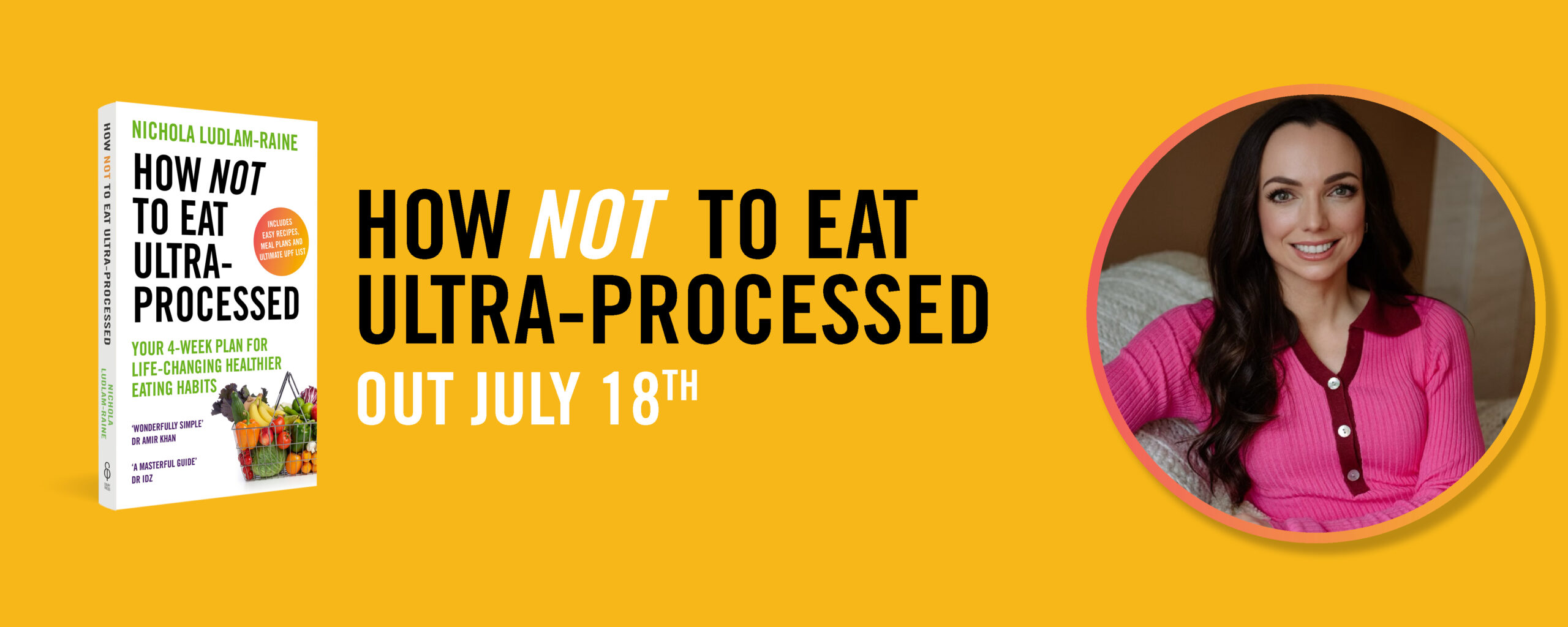
The popularity of plant-based diets is growing exponentially year on year, with half a million Brits signing up to Veganuary in 2021. There is also an increase in the ‘flexitarian diet’ which involves eating mainly plant-based foods but still includes meat/fish occasionally. It’s thought those following a vegan and vegetarian diet will make up a ¼ of the British population by 2025! I’m excited to know how many of you joined Veganuary this year?!
A well planned plant-based diet is associated with improved health outcomes, helping to optimise cholesterol levels and lower blood pressure, reducing the risk of some non-communicable diseases such as heart disease, certain cancers and type 2 diabetes.
So, how can you add more plant-based foods into your daily diet?
Cook a vegetarian meal one night a week – Start with something simple, a meal that takes less than 30 minutes to cook, with few ingredients that doesn’t contain a whole list of ingredients you can’t get in your local supermarket – e.g. a tofu stir-fry!
Make smoothies – They’re a great way to add more fruits & vegetables into your diet. Eating a handful of spinach may seem hard, but chucking it into a smoothie (or stir fry!) makes it easier!

Add a portion of vegetables to each meal – They can be frozen/fresh/steamed, whatever you like! Try frozen fruits in smoothies or pre-prepared mixed vegetables in a soup or stew to increase your intake.
Snacking – Try hummus with some cucumber/carrot batons, a piece of fruit or a handful of nuts such as Brazil nuts, which are a good source of selenium. Just 2-3 Brazil nuts a day gives your body the daily amount of selenium it needs. There are many tasty and new snack choices including dark chocolate which can be entirely plant-based too so have a look around and try new things (practice the 80/20 rule 😉)!
Try meat and dairy alternatives – They can still contribute significantly to your protein intake and help you in transition to a more plant-based diet. Remember to check if the dairy alternative you chose is fortified with calcium and iodine – as some brands or supermarket own options are not!
Add plant-based proteins – Plant-based sources of protein are generally incomplete (don’t contain all of the essential amino acids, which are the building blocks of protein), meaning it’s essential to eat a variety of them every day. Soya, quinoa and hemp are the only plant-based complete sources of protein i.e. they contain all of the essential amino acids that our body needs.
Try adding vegetables in desserts – Don’t knock it until you try it! You could add sweet potato or courgette to a home-made brownie, make avocado chocolate mousse, pumpkin scones or, carrot cake bites – click #nicsnutritionrecipe for more ideas!
Take supplements – It is recommended for those who follow a vegan/vegetarian diet should consider taking a supplement containing at least 10mcg of vitamin B12 a day, or 2000mcg weekly (if you’re not eating at least 3mcg of vitamin B12 from fortified foods) and 10mcg of Vitamin D daily. Other than meat, milk, eggs and cheese, sources of vitamin B12 include fortified yeast extract such as Marmite and fortified breakfast cereals as well as soya products. A vitamin B12 deficiency can lead to low energy levels and nerve damage which is why you may want to consider taking supplements.

Eating a more plant-based diet is not only good for the environment but can have a positive effect on your health too. There is however no need to cut out foods such as meat & dairy altogether, especially if you enjoy them!
Share your thoughts and tips in the comments!
Check my vegan recipes here! Or check my IG for more tips – @nicsnutrition!
